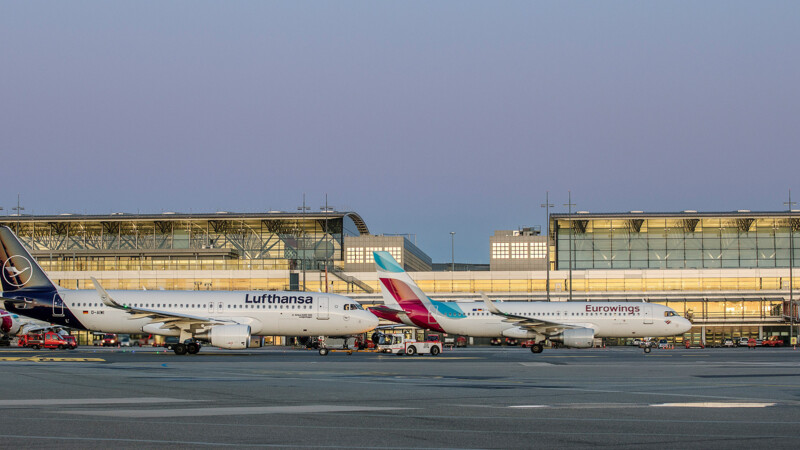As the world's third largest civil aviation centre, Hamburg could potentially benefit from this growing market. The safe integration of drones into air traffic is currently being tested as part of the Blueprint U-Space (BLU-Space) project. The city's complex airspace, dense urban population, large port, industrial areas and inner-city airports provide ideal conditions. The basic findings for safe and economical air mobility should serve as a blueprint for the whole of Germany. The Ministry of Digital Affairs and Transport has earmarked EUR 2.36 million for the project.
"Drones are here to stay. And these flying robots are conquering the market," said Nicolas Chibac, joint founder of the Hamburg-based Spherie startup. The company's 360° camera drones specialise in immersive media and create VR and AR solutions as well as 3D scans on demand. "We fcocus on commercialising the technology. Our drones have flown all over the world and we have patented them worldwide." As a result, Spherie is well positioned in a global market that, according to Statista, is expected to come to nearly USD 56 billion by 2030.
Hamburg as a blueprint
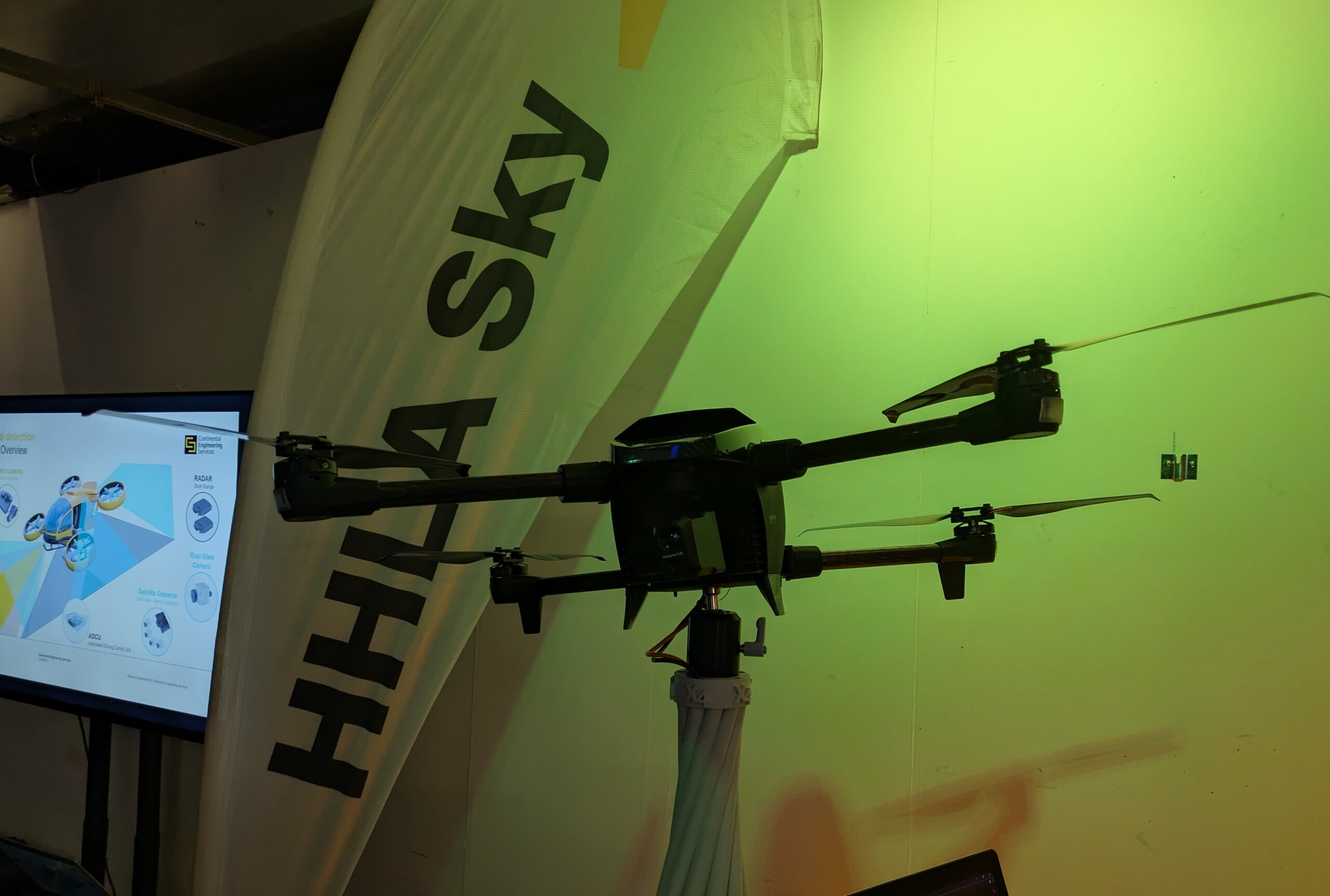
Premiere Urban Air Hamburg
The first Urban Air Hamburg, held by Hamburg Aviation's Windrove network in the Speicherstadt, brought together experts from all over Germany in early February. Talks centred on the risks and opportunities of drone technology and best case scenarios for urban aviation business models. Projects like BLU-Space have put Hamburg in a leading position in the emerging drone market, according to Kay Wackwitz, founder of Drone Industry Insights (DRONEII). This opportunity should be seized immediately. "First-mover advantage is a once-off," he stressed. More than 15 (research) projects underway in Hamburg show the benefits of drone technology, i.e., time and cost savings and reduced emissions compared to helicopters. Drones are also a huge asset in search and rescue missions. All those involved in the projects are in close contact with each other making for a coherent, well-oiled network.
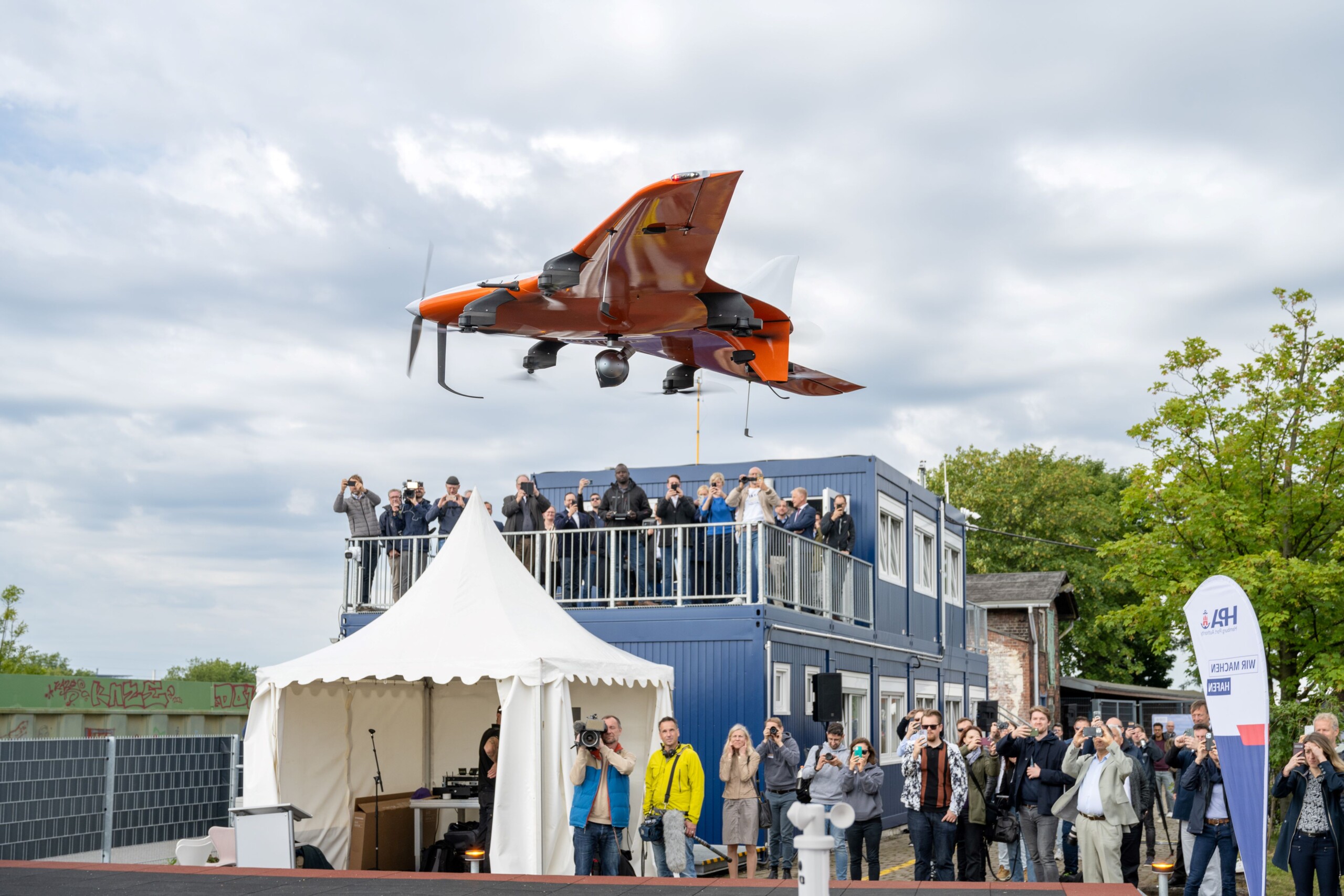
Drones in Hamburg
Ongoing research projects in Hamburg are exploring various aspects of the technology, ranging from the transport of tissue samples by drone (Medifly), to protection from illegal drone flights in critical areas such as airports (Falke), to drafting situation reports for rescue missions (Rescue Mate). The Centre for Applied Aeronautical Research (ZAL) is also developing fuel cell and hydrogen propulsion systems for drones. And a drone port opened by the Hamburg Port Authority (HPA) and Hamburg Aviation 2024 was another milestone. The control centre in the port is Europe's first ground infrastructure for unmanned aviation and mobile sensor technology. In early January, the partners successfully test flew a drone from Hamburg to Neuwerk as part of their efforts to develop a teleoperated and fully automated drone service. Numerous drones are also used in the port for inspection and maintenance tasks. HHLA Sky, a subsidiary of Hamburger Hafen und Logistik AG, offers technology for the automated control of drone flights beyond visual range, making operations safer.

Funding schemes
Beagle System’s eleven autonomous long-range drones carry out inspection flights and clock up around 100,000 kilometres every year. Oliver Lichtenstein, joint founder, plans to build an entire ecosystem of drone-based services. The company scooped the Hamburg Founder's Prize in 2021, and received a grant from the Hamburg Investment and Development Bank’s (IFB) "PROFI" scheme. "The collaboration with the IFB was very constructive. I can only recommend every founder to see whether the funding criteria are suitable for their startup," Lichtenstein advised. IFB Hamburg provides EUR 150,000 for highly innovative, early-stage startups via the InnoRampUp scheme. Grants of EUR 500,000 are available for individual projects and up to EUR 1 million for cooperative projects from the PROFI scheme. "These should be technologically sophisticated innovations with real added value," Dr Carsten Lohmann, IFB Hamburg, stressed. The City of Hamburg also lends its support to startups, said Ricarda Rattay, Project Manager of Hamburg Invest’s Startup-Unit. "We have more than 100 co-working spaces and over 100 startup schemes in the city. We can respond to the different needs of start-ups in a very differentiated way," she added.
ys/pb
Sources and further information
More
Similar articles
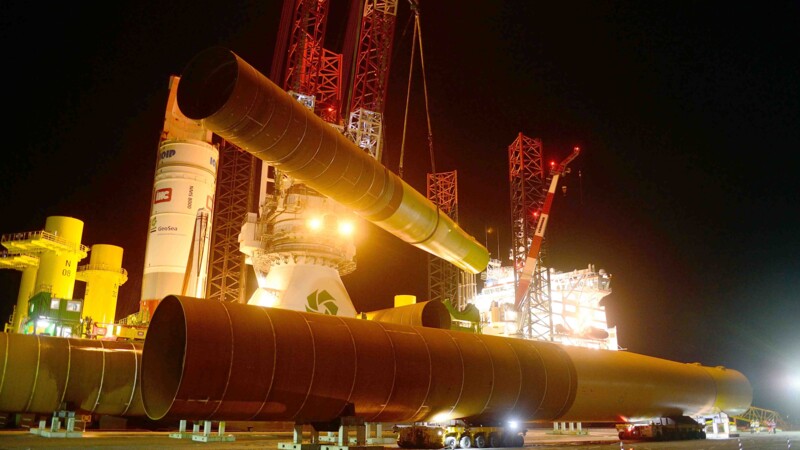
First long-range drone flies over German Bight
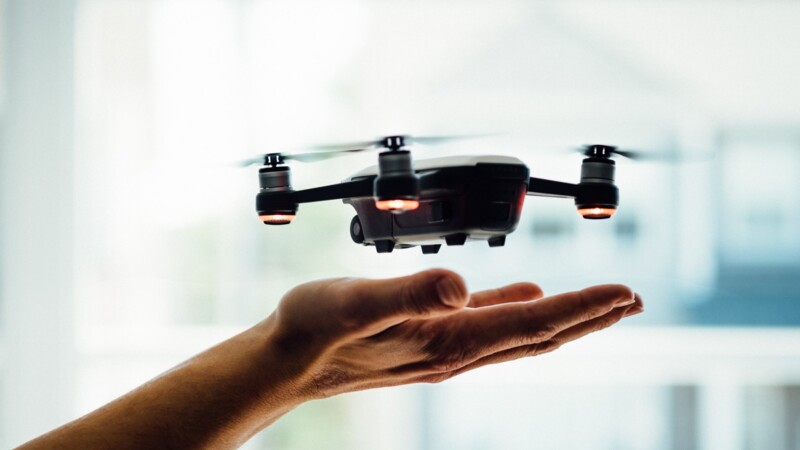
Transnational collaboration to boost urban air transport

Hamburg paving way for drone traffic in urban airspace
